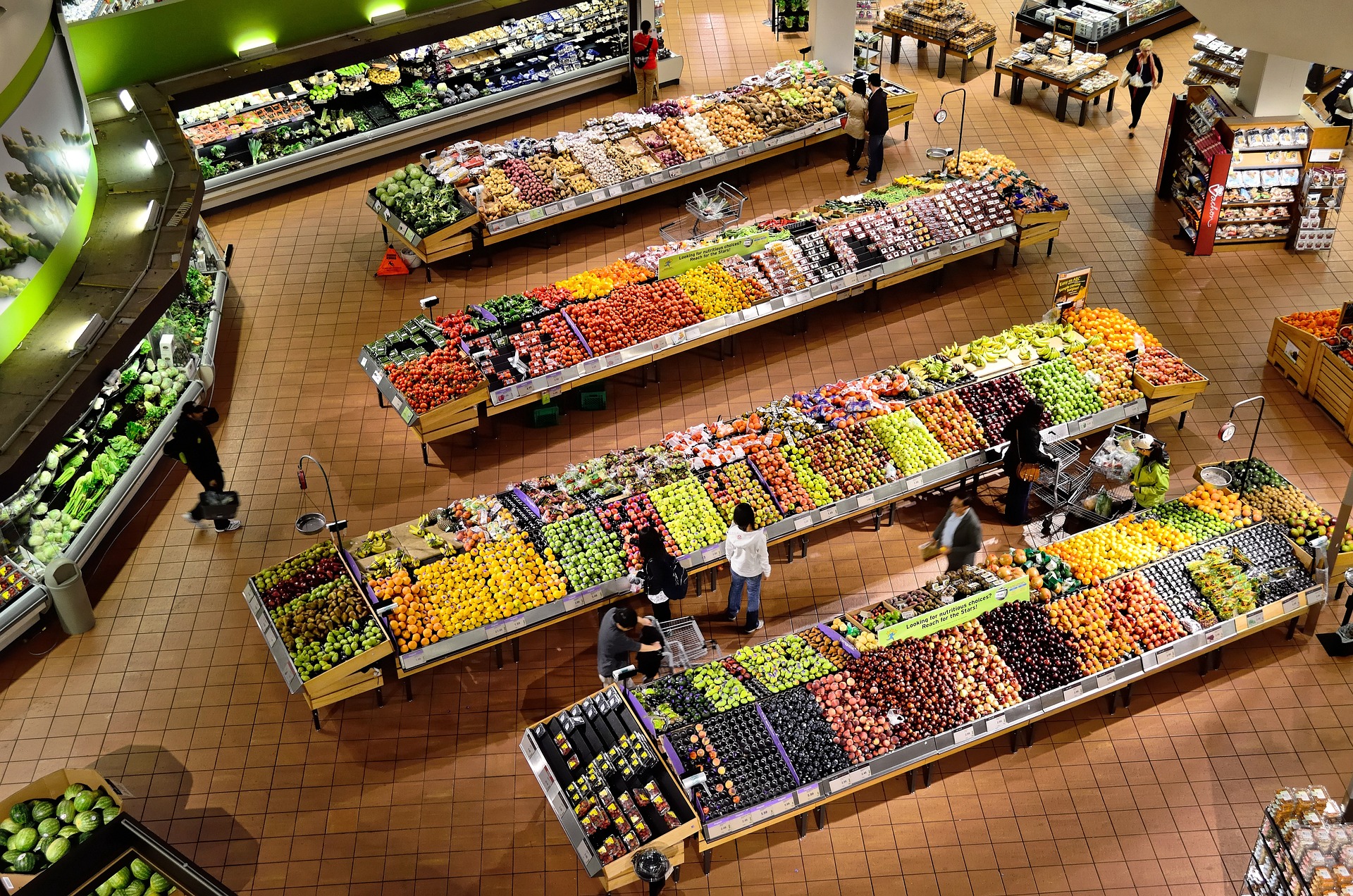
Although inflationary trends show some easing, an exceptionally tough year lies ahead of Hungarian consumers.Continue reading

People do not buy everything in one place, so compulsory special offers on certain goods will help reduce food inflation, Economic Development Minister Márton Nagy told Parliament on Tuesday. In Hungary, supermarkets will have to introduce mandatory promotions for certain product groups from June 1.
The Economic Affairs Committee held its annual hearing, where the heads of the Ministry of Economic Development gave an account of the period behind them and outlined the government’s expectations. Economic Development Minister Márton Nagy said that the recent rise in inflation was a natural process due to the structure of the economy, and that the government’s main task now was to curb it.
The minister stated that
the most important task in the short term was to avoid recession and to bring inflation down, “by the end of the year, price inflation should be below 10 percent.”
Nagy added that inflation currently stands at 22-24 percent. Food inflation is also sticky, he said, and cannot be reduced by monetary policy instruments, so the government has had to intervene, for example by introducing price freezes on certain products.
Nagy also underlined that the government’s measures would help to bring down food inflation, as “people do not buy everything in one place, so mandatory special offers will help to reduce food inflation.”
In addition to the mandatory promotions, an online price monitoring database will be introduced from 1 July, where shoppers will be able to compare prices from the biggest retail chains.
The use of the price watch will thus significantly increase transparency, making it possible to identify different pricing practices and prevent overpricing.
As indicated by Minister Nagy, inflation is currently hovering around 25% in Hungary, mainly due to the drastic increase in food prices.
It is worth noting that the various large supermarkets set their own prices, and most of them are not Hungarian but German-owned (Lidl, Aldi, or Penny). At the same time, supermarkets have been announcing promotions for weeks now, and the fall in food prices is already being felt.
Furthermore, the Hungarian Competition Authority has recently made six proposals that could contribute to more effective competition and thus lower prices. The proposals include encouraging the production of fruit and vegetables in Hungary, increasing efficiency, promoting the use of renewable energy sources, and precision agriculture training.
Featured photo via Pixabay